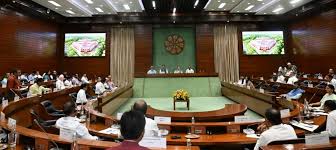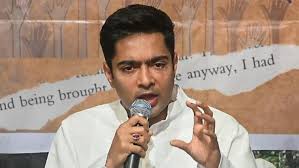The Supreme Court will hear on July 22 the Presidential Reference under Article 143 of the Constitution, seeking clarity on constitutional questions relating to the grant of assent to Bills by Governors and the President.
A Constitution Bench comprising Chief Justice of India BR Gavai, and Justices Surya Kant, Vikram Nath, PS Narasimha, and AS Chandurkar will hear the matter.
The Reference was made following the Supreme Court’s recent judgment in the Tamil Nadu Governor’s case, where the Court set timelines for Governors and the President to act under Articles 200 and 201 of the Constitution.
In that judgment, a Bench of Justices JB Pardiwala and R Mahadevan held that Governors cannot exercise a “pocket veto” and must decide within three months whether to grant assent, with the President also required to act within three months if a Bill is reserved for assent.
The judgment drew sharp criticism from the Vice President, who questioned whether courts can direct constitutional authorities like the President.
One of the key issues in the Reference is whether the judiciary can prescribe timelines for the exercise of constitutional powers by the President and Governors.
The questions framed in the Reference include, What options does a Governor have when presented with a Bill under Article 200
Is the Governor bound by the Council of Ministers’ advice while exercising options under Article 200
Is the Governor’s discretion under Article 200 justiciable
Does Article 361 bar judicial review of a Governor’s actions under Article 200
Can courts impose timelines for the Governor’s exercise of powers under Article 200 in the absence of constitutional timelines
Is the President’s discretion under Article 201 justiciable
Can courts prescribe timelines for the President’s powers under Article 201
Must the President seek the Supreme Court’s opinion under Article 143 when a Bill is reserved for assent
Are decisions under Articles 200 and 201 justiciable before the Bill becomes law, and can courts adjudicate on the contents of a Bill pre-enactment
Can constitutional powers of the President or Governor be substituted under Article 142
Is a State legislature’s law in force without the Governor’s assent under Article 200
Under Article 145(3), is it mandatory for any bench to first determine if the matter involves substantial constitutional questions and refer it to a five-judge bench
Are the Supreme Court’s powers under Article 142 limited to procedural matters
The Constitution Bench’s hearing is expected to have a significant bearing on Centre-State relations and the constitutional scheme governing legislative processes in India. (UNI)







